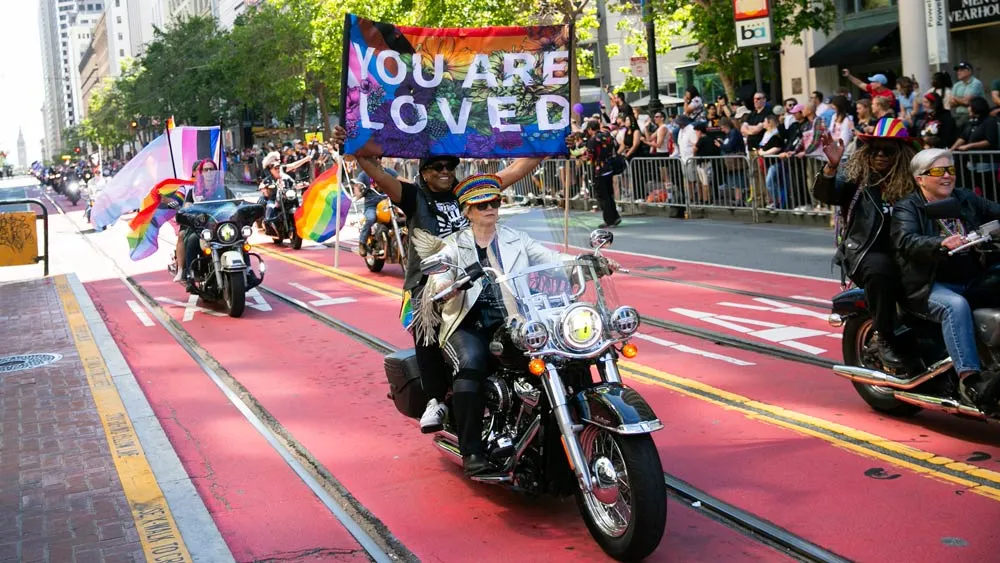July 9, 2011
New Treatment Offers Additional Protection For HIV Negative Men
Kevin Mark Kline READ TIME: 3 MIN.
A clinical trial, sponsored by the Centers for Disease Control, last year has shown certain HIV drugs help protect HIV negative gay and bisexual men from the disease. Protection though depends on how regularly they take it.
This could be good news for gay and bisexual men because the CDC reports that men who have sex with men (MSM) is the only group in the U.S. where the annual number of new HIV infections is increasing.
On average the trial showed that by taking a drug called Truvada offered the men 44 percent additional protection. But those numbers go up significantly if the drug is taken as prescribed on a daily basis. For instance the study showed that for men whose data and self-reports showed daily usage, the drug offered 72 percent additional protection. And for those men whose blood work showed daily usage, Truvada offered 91 percent additional protection.
So far only studies on MSM have been completed. Other trials are currently underway on injection drug users and heterosexual women and couples. Results from those trials won't be available until next year.
Dawn Smith, a Medical Epidemiologist with the CDC, said it's fairly common for medication that treats an infectious disease to be used to also prevent the same disease. This is called Pre-exposure prophylaxis (PrEP). For instance people that travel to places where there is a high risk of catching malaria will take medication before, during and after their visit to prevent themselves from catching it.
She said the reason it's taken almost 30 years for this practice to be used to prevent HIV is because the first HIV drugs had many side effects.
"Back then there were lots of pills involved, some you had to take without food, some had to be kept cold," she explained. "They weren't really practical to use them for prevention."
Eventually though new drugs came out on the market with few side effects and nowadays many people with HIV only have to take one pill a day.
Truvada is a fixed-dose combination of two antiretroviral drugs, tenofovir and emtricitabine. The way it works is it prevents HIV from replicating as it enters the body, which can also prevent it from establishing permanent infection. Tenofovir was approved as a treatment for HIV in 2001 and the tenofovir/emtricitabine combination was approved in 2004.
Smith said that the 44 percent average was very telling because it appeared that many of the participants had trouble taking the pills everyday.
She also said that several things have to happen before using HIV drugs for prevention will become mainstream.
"Anything that's new takes a period of time to be introduced and become common place," she said.
Another barrier will be the cost. Smith said out of pocket cost would run someone about $1,000 a month. Some insurance companies, however, have indicated they would be willing to pay for it.
As for side effects Smith said they were minimal for uninfected people. About 5 percent of the people taking the medication experienced an upset stomach for a few days or weeks afterwards. She did say other studies would need to be conducted on the long-term effects of the drug.
She also cautioned though that this drug isn't for every gay or bisexual man.
"It will never be the case where everyone will wake up in morning and take a pill," she explained.
"The MSM group is composed of lots of smaller groups. Lots of people manage to lower their HIV risk with condoms and counseling. Even among MSM there are some that take more risks. This would be for the those taking the most risks."


